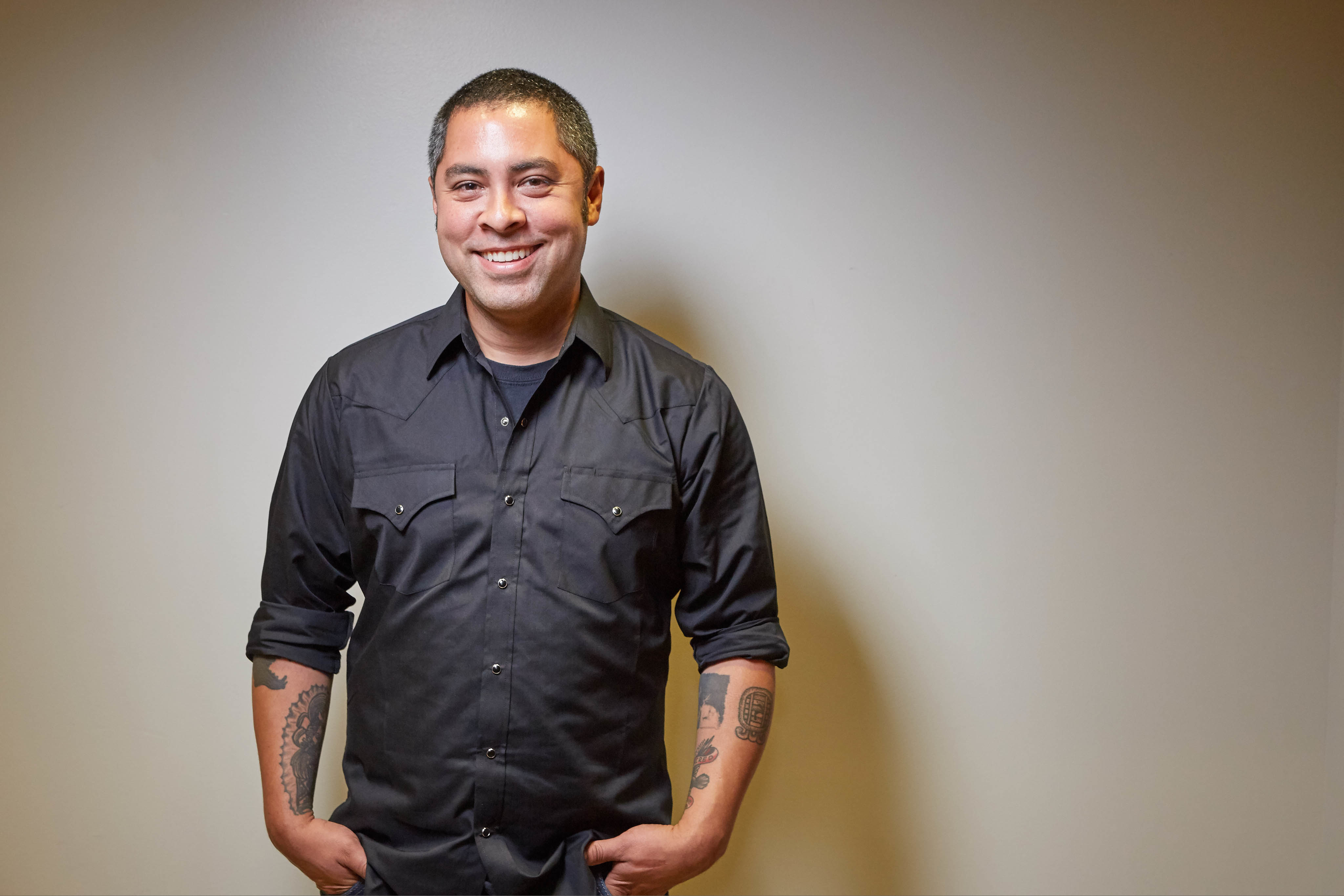Jason De León, scholar and author of The Land of Open Graves: Living and Dying on the Migrant Trail, will give the Robert G. Bone Distinguished Lecture at 7 p.m. February 20, 2019, in the Circus Room of the Bone Student Center at Illinois State University.
The talk, titled “The Land of Open Graves: Necroviolence and the Politics of Migrant Death in the Arizona Desert,” is free and open to the public.
De León is the Arthur F. Thurnau Professor of Anthropology at the University of Michigan and a 2017 MacArthur Fellow. He directs the Undocumented Migration Project (UMP), a long-term study of clandestine border crossing. His work uses a combination of ethnographic, archaeological, and forensic approaches to understand this phenomenon in a variety of geographic contexts, including the Sonoran Desert of Southern Arizona, northern Mexican border towns, and the southern Mexico/Guatemala border.
His talk for the Bone lecture will focus on a United States border enforcement strategy known as “Prevention Through Deterrence.” Using various security infrastructure and techniques of surveillance, this strategy funnels undocumented migrants towards remote and rugged terrain such as the Sonoran Desert of Arizona with the hope that mountain ranges, extreme temperatures, and other “natural” obstacles will deter people from unauthorized entry, leading to hundreds of deaths annually.
De León will explore what happens to the bodies of migrants who die in the desert. Drawing on the archaeological concept of taphonomy he argues that the way that bodies decompose in this environment is a form of hidden political violence that has deep ideological roots.
De León is co-curator of State of Exception/Estado de Excepción, which has been exhibited at the Museum of Contemporary Art Detroit, the New School, and Arizona State University Art Museum. His scholarly articles have appeared in American Anthropologist, Journal of Forensic Sciences, and Journal of Contemporary Archaeology.
The talk is sponsored by the University’s Department of Sociology and Anthropology, Department of Politics and Government, and Department of History.
For additional information, or for those who need special accommodations to attend this event, call (309) 438-2159.

